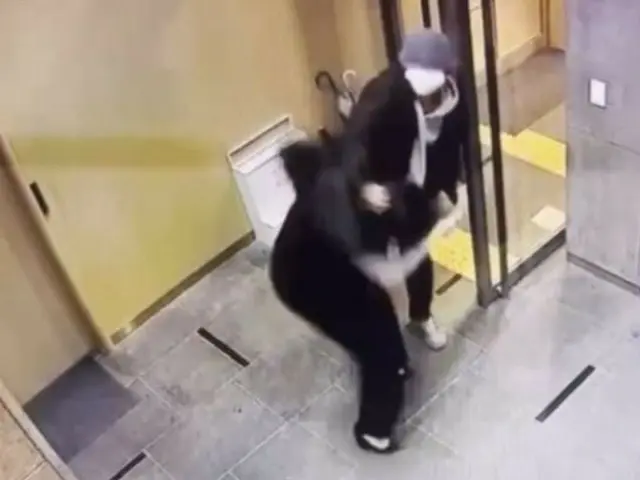The number of violent crimes such as these continues to increase, and it has been pointed out that countermeasures are urgently needed. According to documents received from the National Police Agency on the 11th by Lee Ju-hwan, a member of the People's Power (ruling party),
The total number of juvenile offenders between 2019 and 2023 was 65,987. Juvenile offenders are juveniles aged 10 to 14 who have committed a crime and are given community service or juvenile detention instead of criminal punishment.
The person will receive protective measures such as being sent to the hospital. By year: 8,615 people in 2019, 9,606 people in 2020, 11,677 people in 2021, 16,435 people in 2022, 19,654 people in 2023
The number has been increasing every year and has more than doubled in four years. Breaking down the total number of juvenile offenders by crime type, theft was the most common at 32,673 (49.5%), followed by violence at 16,140 (24%).
5%), followed by 14,671 (22.2%) others, and 2,445 (3.7%) cases of non-consensual sexual intercourse/indecency. Many violent crimes occurred, including 263 arson attacks, 54 robberies, and 11 murders.
Ta. Last year, while the number of juvenile offenders who committed theft, violence, nonconsensual sexual intercourse, indecent assault, and murder all increased from the previous year, the number of juvenile offenders who committed drugs more than tripled, from 15 to 50, showing a noticeable upward trend.
The issue of juvenile abuse, which has been going on for several years, has recently come to the fore again after Bae Hyun-jin's attack on a powerful lawmaker.
On the 25th of last month, the suspect, a 15-year-old junior high school student, was asked about his age by Rep. Bae's accompanying secretary, who was at the scene immediately after the crime.
15 years old. "It's a juvenile offense," he reportedly replied. However, since the student in question was born in 2009, he does not qualify as a juvenile under the age of 14 and can be subject to criminal punishment.
In Incheon, a second-year middle school student caused a commotion by spraying fire extinguisher powder three times in the past month in the underground parking lot of an apartment building.
Eleven people were arrested by police. Rep. Lee said, ``The number of violent crimes committed by juvenile offenders is increasing day by day, and it has become a major social problem.
A fundamental solution is urgently needed." Coupled with the unabated number of juvenile offenders, many attempts were made to legislate to toughen the punishment for juvenile offenders. Since entering the 21st National Diet, there has been a strong focus on strengthening punishment for juvenile crimes.
It is understood that a total of 17 bills were proposed. However, all of these bills have remained in the Legislation and Judiciary Committee, the standing committee in charge, for a long time. No progress has been made in the legislative debate.
This is said to be because there is a wide difference in opinion regarding the effectiveness of tougher punishment.
2024/02/11 20:54 KST
Copyrights(C) Herald wowkorea.jp 83

